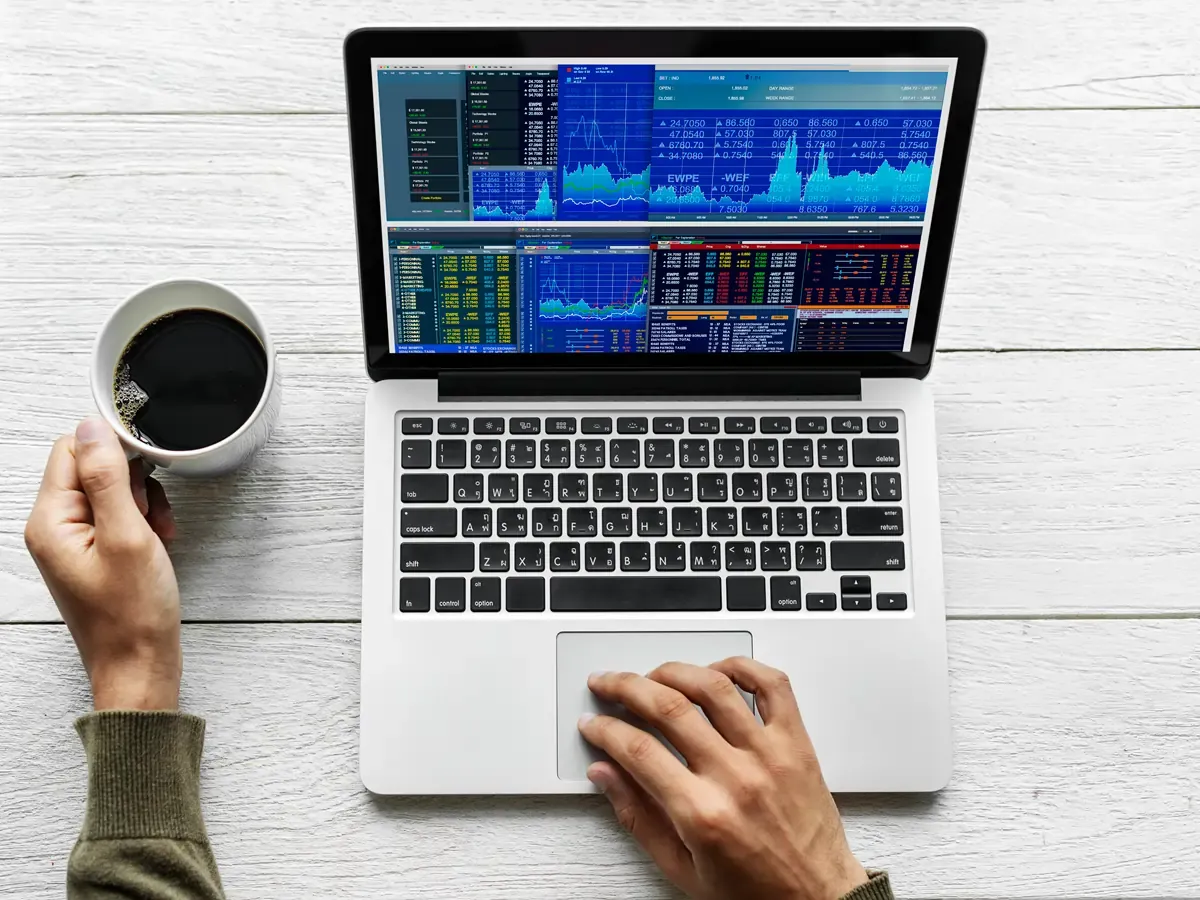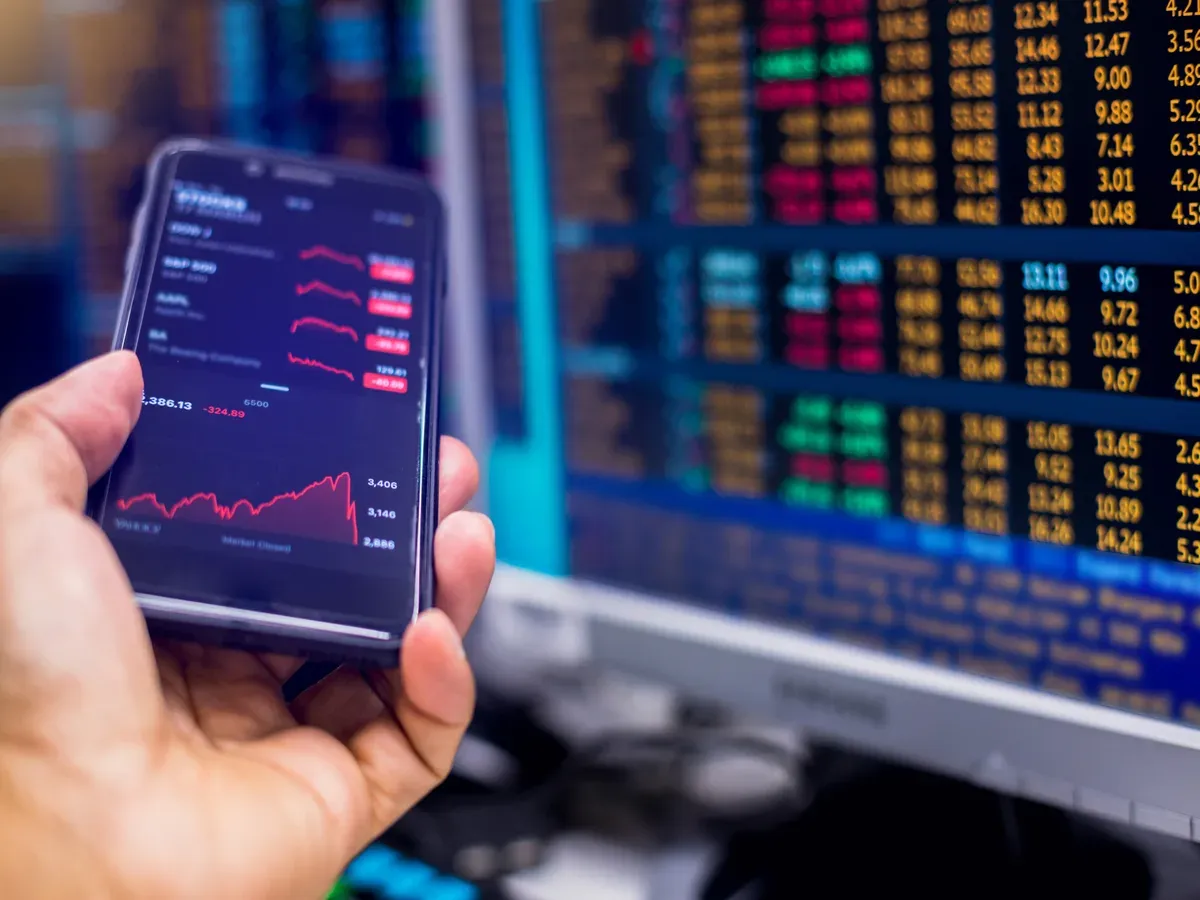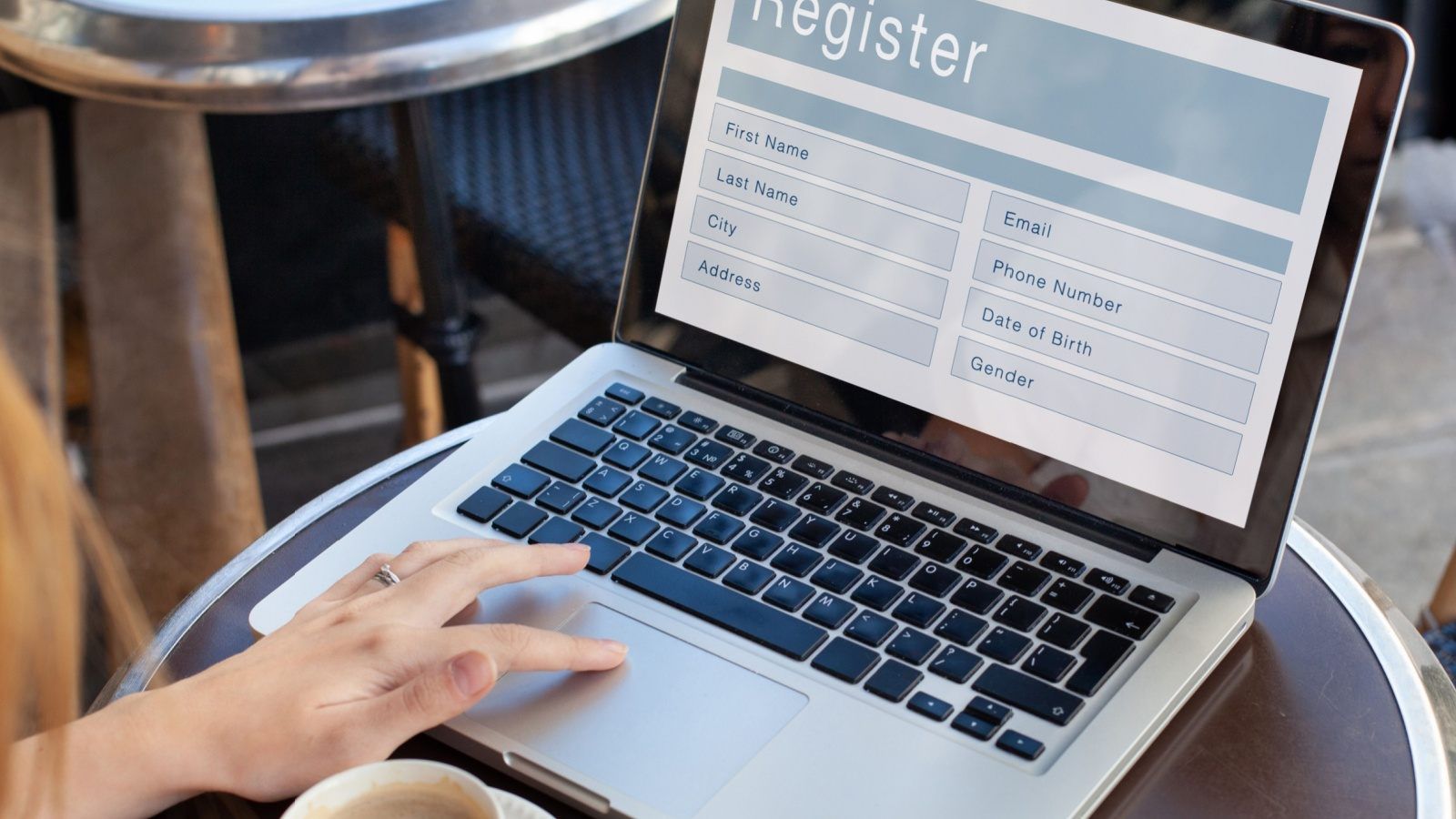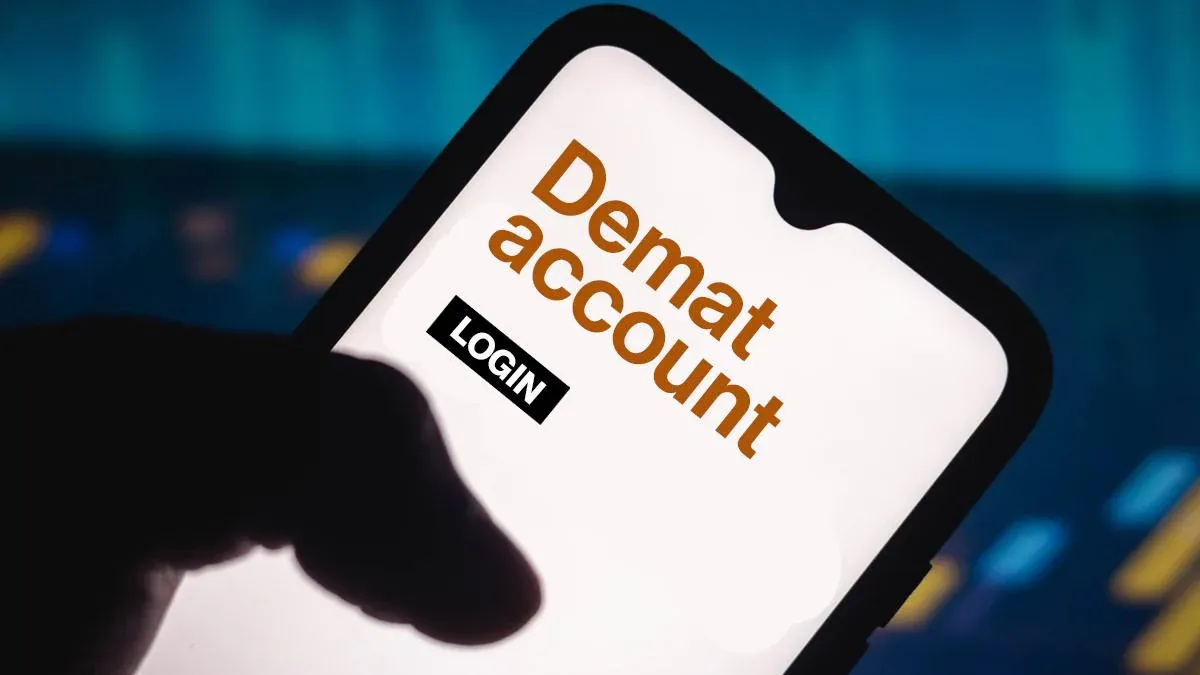How to Find Demat Account Number from PAN Card?
Written by Upstox Desk
Published on February 02, 2026 | 6 min read

Your Demat Account Number (DAN) plays an integral role in your transactions on the stock market and your day-to-day dealings with mutual funds and securities. While you may have received it at some point or another, chances are that it got lost somewhere in the pile of documents you have. But what if you need to use this number again? Here's how to find Demat account number from PAN:
How to Create a Demat Account Online?
Firstly, you'll need to gather some documents - your PAN card, proof of identity, and proof of address. Once you have these documents, you can begin creating your account. Here are the steps to follow to open your Demat account:
- First, you need to visit the website of your desired broker and complete the process of filling out the application form with mentioned details. Then click on submit.
- The brokerage firm will do their due diligence, and you will need to upload some documents, such as your PAN card, address proof, identity proof, and other required KYC documents.
- As you complete your verification process, you will be allotted a Client ID and a 16-digit NSDL holding identifier.
Advantages of a PAN Card in a Demat Account
A Demat account is used to hold and trade securities electronically. It is linked to your PAN card, and all financial transactions are conducted through this account.
Unique Identification
The main advantage of having a PAN card in a Demat account is that it provides a unique identifier for your account. With this number, you can verify ownership of your stocks and bonds.
When you want to sell shares or invest in other securities, you will need to provide your PAN number as proof. Suppose someone else uses your identification information without permission. In that case, they will not be able to transact on behalf of your account because they do not have access to the right details.
Security
A Demat account has many benefits, but security is one of its most prominent features because only the rightful owner can use their details for trading purposes. Physical theft or fraud becomes impossible because no paper is involved with a Demat account.
You can log into your online account anytime and, if necessary, get remote access to ensure the safety of your investments. If you suspect any misuse of funds or unauthorized activity on your account, contact the authorities immediately.
Helps Start a New Business Venture
Not only does a Demat account give you security, but it also makes investing easier and more accessible. Different brokerage firms offer services for small traders and startups looking to enter the market. Investing in equities is risky, but with the help of a Demat account, risk factors can be mitigated significantly.
Small traders may not always have cash readily available, so they can borrow money from brokers at competitive rates and then deposit these sums when required to pay off debts incurred during trading activities.
ITR Filings
One cannot file an ITR form without first providing their name, address, and Demat account number. HUFs and companies also require this detail to submit their annual statement of accounts. Individuals often confuse the bank's IFSC code with a Demat account number, but they are completely different entities!
Buying Foreign Currency
Using your Demat account, you can purchase foreign currencies such as US dollars or euros. However, certain restrictions apply to international purchases. Currency dealers allow customers to buy currencies worth up to $50000 per transaction.
If you make an international purchase for anything above this amount, you will need to provide additional documentation and go through a formal KYC process. Foreign currency rates change depending on global markets, so check the latest prices before initiating any transaction involving currencies.
Investing and Purchasing RBI Bonds
The Reserve Bank of India (RBI) bond offers a lucrative 8% interest rate and can be traded efficiently. To register for this bond, you must submit your PAN card number and Demat account number, along with a few other details. All RBI bond payments are made electronically, and the registration process is quick and easy to complete.
Deduction in Taxes
You will be entitled to a tax deduction for any investment through your Demat account. This incentive is only available for those who have invested over INR 50,000 in equity and debt instruments.
Individuals with an annual taxable income of less than INR 5 lakh are not eligible for this concession, but the government plans to increase this limit to INR 1 crore in the future.
How to Check a Demat Account Number From PAN?
If you're looking for your Demat account number and don't know where to start, don't worry. This guide will show you how to get a Demat account number
from your PAN card in just a few simple steps:
- Complete the application form with all the necessary details at the portal of the DP of your choice.
- Complete all the details concerned with KYC, such as identity proof and address proof upload it with your application form.
- The broker will do the due diligence on their end.
- Upon completing the process, the investor must confirm their digital details through two-factor authentication, such as an email ID and phone number.
- Investors must verify their bank accounts and ECS payment methods once the Digital methods are complete. This will facilitate faster and easier transactions. Once all processes are completed, a welcome mail will be sent to the registered email address.
- After these processes are complete, investors will receive encrypted mails with account history, stock transaction details, and so on, on the registered mail ID. The PAN card number will be associated with each mail.
- By searching for mail for either the NSDL, CDSL, or your DP, you can find your PAN card number.
To invest or trade, you'll need to have an active Demat account with your broker, but there may be times when you want to access your securities without having to place an order. You can get information about your Demat account directly from the National Securities Depository Limited (NSDL) and the Central Depository Services Limited (CDSL).
About Author
Upstox Desk
Upstox Desk
Team of expert writers dedicated to providing insightful and comprehensive coverage on stock markets, economic trends, commodities, business developments, and personal finance. With a passion for delivering valuable information, the team strives to keep readers informed about the latest trends and developments in the financial world.
Read more from UpstoxUpstox is a leading Indian financial services company that offers online trading and investment services in stocks, commodities, currencies, mutual funds, and more. Founded in 2009 and headquartered in Mumbai, Upstox is backed by prominent investors including Ratan Tata, Tiger Global, and Kalaari Capital. It operates under RKSV Securities and is registered with SEBI, NSE, BSE, and other regulatory bodies, ensuring secure and compliant trading experiences.

























